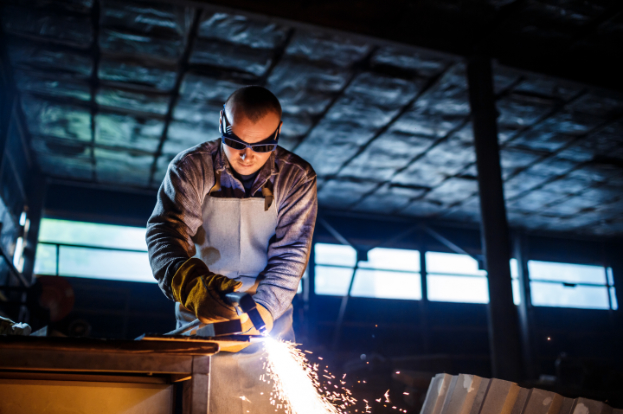

5. Reduced Maintenance Costs: By extending the lifespan of equipment and reducing the frequency of maintenance, HVOF coatings can significantly lower maintenance costs over the long term. This can lead to improved profitability and operational efficiency.
5. Storage Tanks: HVOF coatings can be applied to storage tanks to protect them from corrosion and prevent leaks, which can have serious environmental and safety consequences.
HVOF coating has emerged as a valuable tool for enhancing the durability, reliability, and longevity of petrochemical equipment. By providing exceptional protection against wear, corrosion, and high temperatures, HVOF coatings can significantly reduce maintenance costs and improve operational efficiency. As the petrochemical industry continues to evolve, HVOF coating technology is likely to play an increasingly important role in ensuring the long-term sustainability and profitability of petrochemical operations.
How to Optimize the Performance of HVOF Coatings in High-Stress Environments



